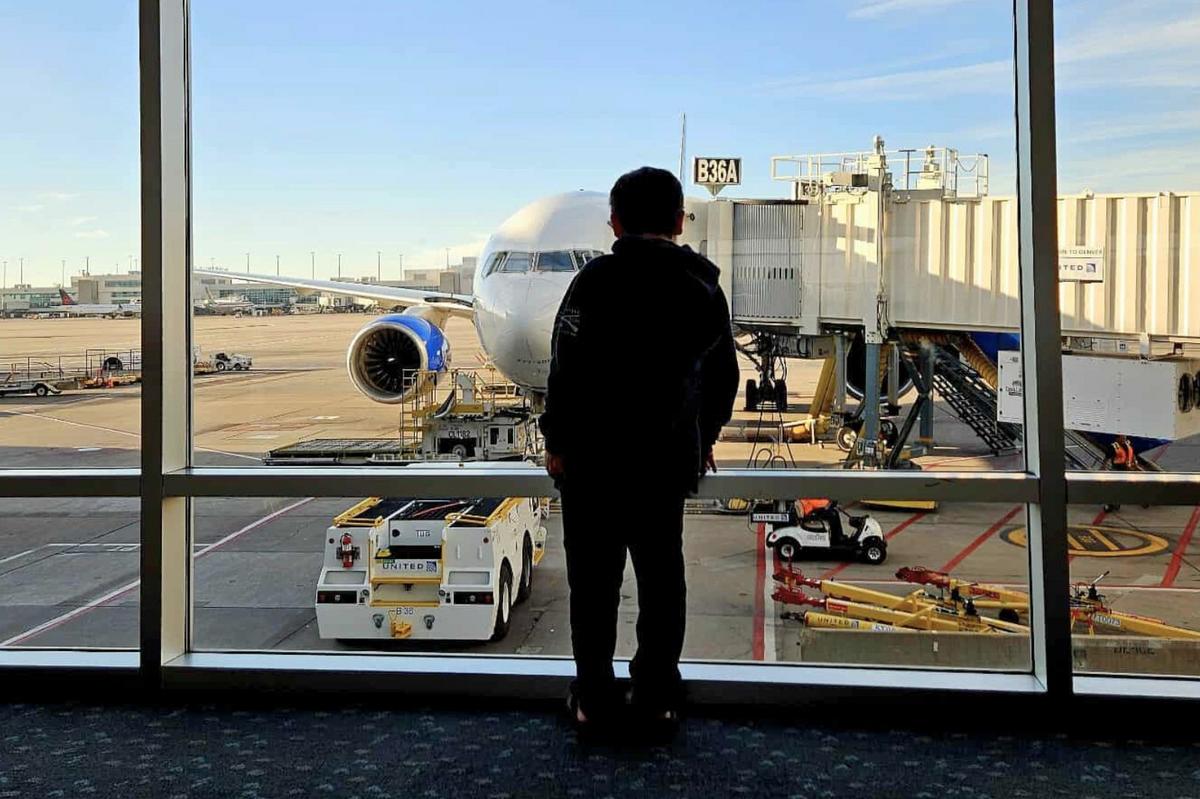If you’ve been keeping an eye on the news, you’ve probably heard about the government shutdown. If you’re planning on flying in or out of New York anytime soon, you’re probably wondering what this could mean for you at the airport. The answer isn’t as simple as “flights canceled” or “airports closed,” but there are some real ripple effects travelers should be ready for.
The first thing to know is that a shutdown doesn’t mean planes will suddenly stop taking off and landing. Essential workers like TSA screeners and air traffic controllers are still required to show up, so airports across New York, from JFK and LaGuardia downstate to Albany, Syracuse, Rochester, Buffalo, and even smaller hubs, will keep running. That said, “essential” doesn’t always mean “running smoothly.” These workers may be on the job without pay, and if the shutdown drags on, the stress can start to show up in very visible ways.
One of the most immediate effects travelers are likely to notice is at security checkpoints. During past shutdowns, TSA agents continued to report for duty, but some understandably called out when paychecks stopped. That meant fewer lanes open, longer waits, and growing frustration for passengers. At high-traffic airports like LaGuardia or JFK, security lines could crawl during the morning rush. Even at smaller airports like Albany or Binghamton, a thinner staff could create unexpected delays.
READ MORE: The Simple Headlight Law You Might Be Breaking Without Realizing It
Air traffic control is another area where problems can surface quickly. Controllers are considered essential, which means they continue to work no matter what. The catch is that the FAA can’t hire or train new controllers during a shutdown. With New York already sitting in one of the busiest and most complex airspaces in the country, a staffing shortage is a serious concern. The skies won’t suddenly become unsafe, but stretched-thin staff could lead to slower operations and potential delays. In fact, during the 2018 2019 shutdown, flights into LaGuardia were briefly halted because of a shortage of controllers, and that’s the kind of scenario that could happen again.
There’s also the less obvious side of air travel: safety checks and inspections. The FAA oversees an enormous amount of behind the scenes work, from certifying planes and inspecting equipment to approving repairs. During a shutdown, a lot of this non-essential oversight is put on pause. That doesn’t mean your flight tomorrow is unsafe, but if a shutdown drags on, the backlog could cause real scheduling headaches and even lead to airlines grounding planes until inspections catch up.
So, what does all of this mean for travelers in New York? Your flight will probably still happen, but you may face a few more hurdles along the way. Security lines may take longer than usual, especially at major airports. Flight delays could stack up if air traffic controllers are stretched too thin. Airlines may cancel or consolidate flights if the system gets bogged down, and you could encounter unexpected hiccups like ground stops or sudden slowdowns. In short, you’ll probably get where you’re going, but maybe not as quickly or smoothly as you’d like.
If you are planning to travel during a shutdown, a little preparation can help save your sanity. Get to the airport earlier than usual so you don’t risk missing your flight because of long security lines. If you’re booking a trip with a connection, build in extra layover time just in case delays ripple through the system. Keep an eye on your flight status before and during your travel day so nothing catches you by surprise. Pack your carry on with essentials you might need if you get stuck for a while. And above all, try to stay flexible and patient, because the odds of running into a delay are higher.
At the end of the day, a government shutdown doesn’t mean New York’s airports will shut down, but it does mean that flying could become more stressful the longer the shutdown lasts. Longer lines, more delays, and slower operations are all possible, if not likely. So if you’re hitting the skies soon, plan ahead, give yourself extra time, and remember that the TSA agent or air traffic controller helping you along the way is doing it without a paycheck, just to keep you safe.
Gallery Credit: Traci Taylor
Gallery Credit: Traci Taylor




